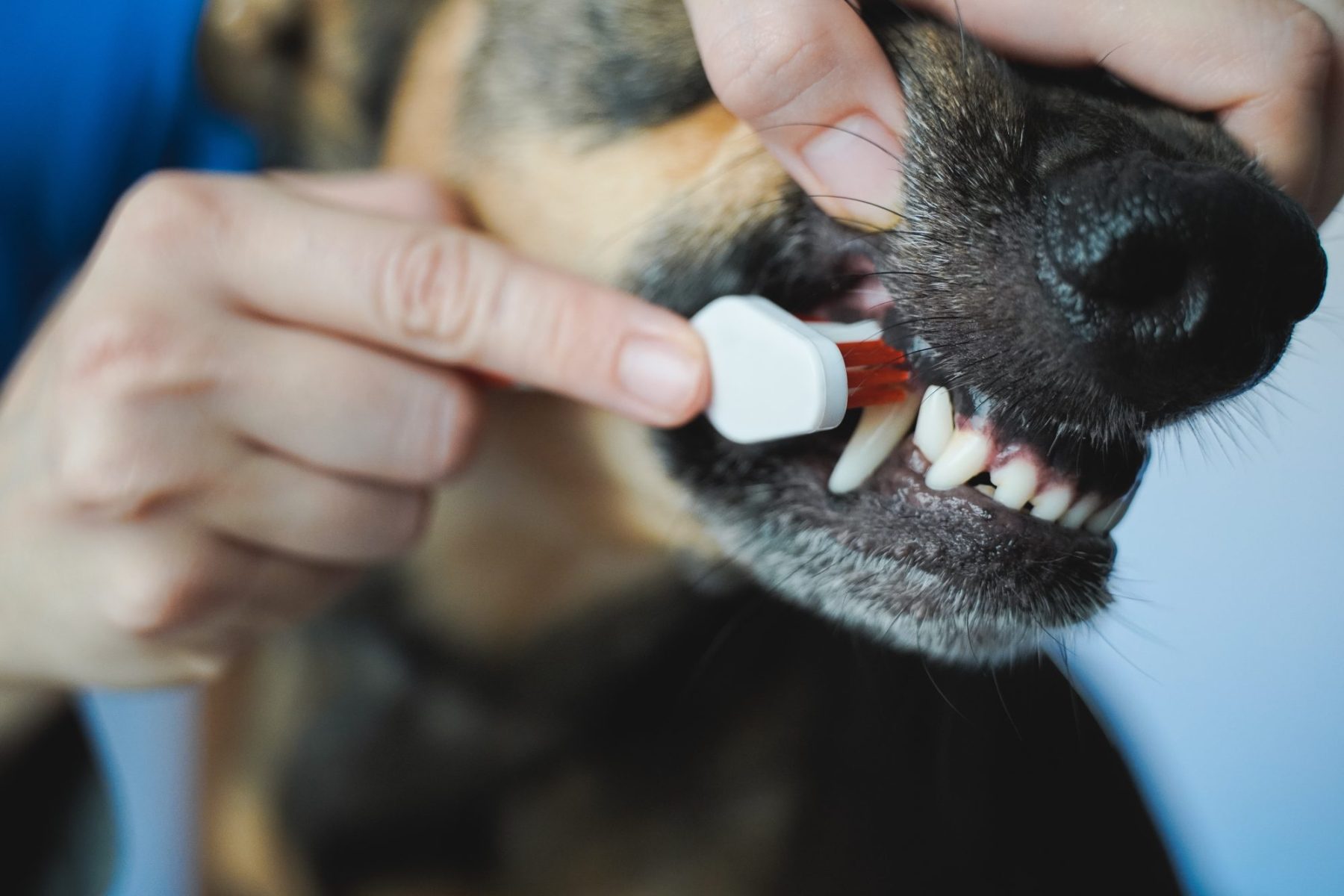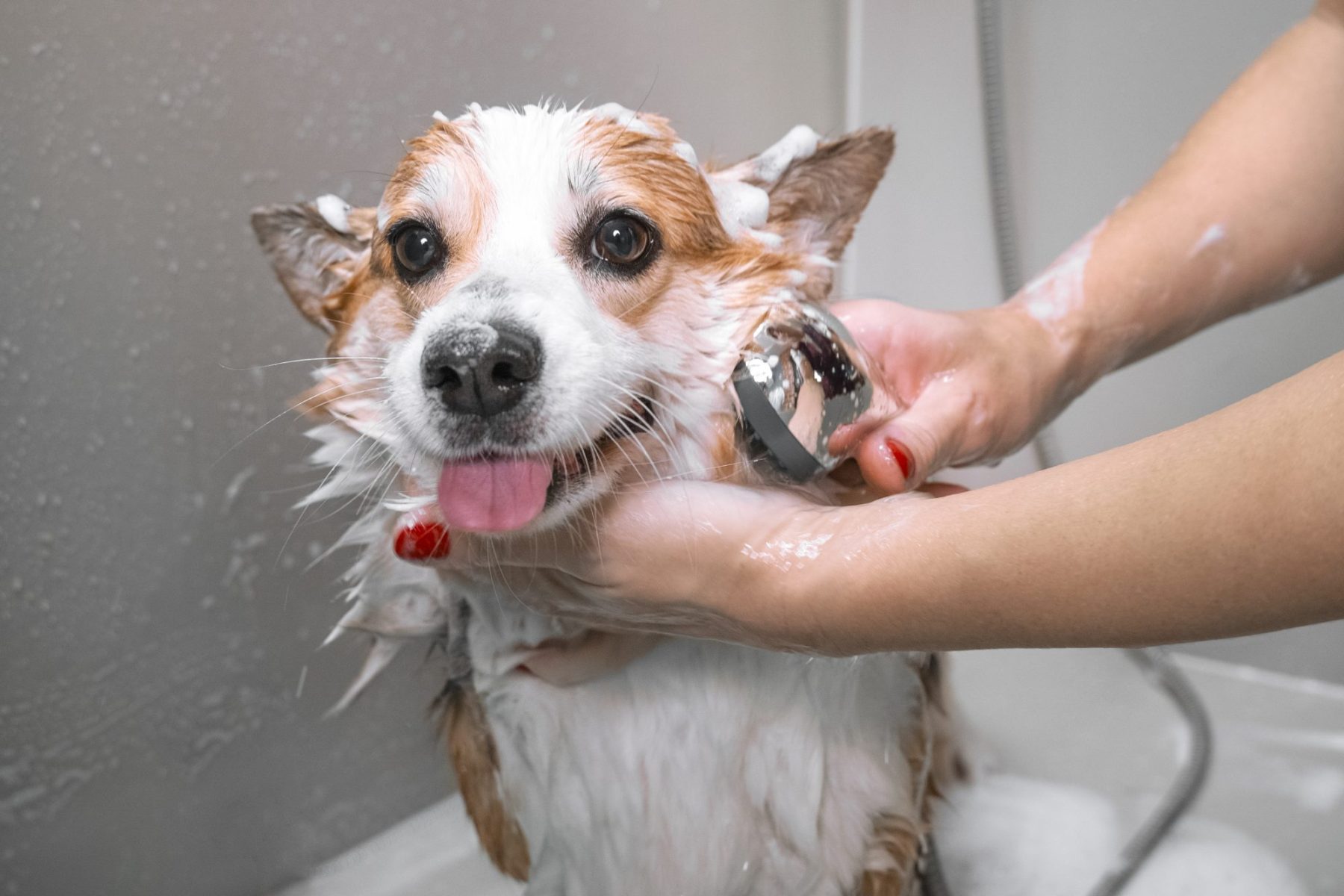Latest Blog
The prospect of needing surgery can feel overwhelming for anyone, but when it’s your pet that needs to undergo a procedure, the stakes can sometimes feel even higher. At Blue Lake Animal Hospital, we recognize the stress that can come from having to make decisions about a beloved pet’s surgery. That’s why we believe that understanding the process, and especially how your furry friend will be monitored during the procedure, can ease the concerns you may have.
Pre-Surgery Precautions
Before your pet ever enters the operating room, veterinary surgeons take several important steps. This often involves a physical examination to ensure your pet is healthy enough for anesthesia. Your vet will likely listen to their heart and lungs, check their temperature, and assess their overall condition. In addition, pre-anesthetic blood work can be completed to help detect hidden conditions that could complicate surgery. All this is done to ensure the highest levels of safety for your pet during the procedure.
During Surgery: Comprehensive Monitoring Systems
Respiratory Monitoring
Your pet’s breathing is the most critical system to watch during surgery. Veterinary technicians often use multiple methods, including:
- Visual observation of chest movements, which provides a basic level of monitoring.
- Electronic monitors to track breathing rates and consistency, which offer much more specific measurements.
Heart Monitoring
Electrocardiograph (ECG) monitors track your pet’s heart’s electrical activity continuously. These devices can:
- Display heart rate in real-time
- Create audible beeps with each heartbeat
- Detect dangerous heart rhythms immediately
- Allow quick intervention if any problems arise
Blood Oxygen Monitoring
Pulse oximetry is a measurement of how well your pet’s red blood cells carry oxygen. By measuring blood oxygen levels, the surgical team can:
- Detect circulation or breathing problems quickly
- Know when and how to adjust anesthesia levels appropriately
Blood Pressure Monitoring
Blood pressure cuffs can be placed on your pet’s leg or tail to monitor circulation and anesthesia depth. Proper blood pressure indicates:
- Adequate heart function
- Appropriate anesthesia levels
- Good circulation to vital organs
Post-Surgery Monitoring
The recovery period requires careful attention as pets wake up from anesthesia. The veterinary team will continue monitoring, checking aspects like:
- Breathing patterns as the anesthesia wears off
- Heart rate during recovery
- Temperature to prevent hypothermia
- Pain levels and comfort
- Alertness and response to stimuli
The Value of Constant Monitoring
Our team of animal lovers wants to see each pet come out of surgery healthier and happier than ever. Comprehensive monitoring during pet surgery helps us fulfill that goal through:
- Early detection of problems, which allows immediate intervention before complications become serious.
- Reduced recovery time and complications when vital signs are kept stable throughout the procedure.
- Peace of mind for pet owners, knowing that their companion is receiving professional monitoring.
Your Pet’s Safety is Our Priority
At Blue Lake Animal Hospital, we understand your concerns about pet surgery. Our experienced team uses state-of-the-art monitoring equipment and proven protocols to ensure your pet’s safety. We maintain the highest standards of care because we know your pet is family.
If you need a qualified, reliable clinic for your pet’s surgery, contact Blue Lake Animal Hospital today to learn more about how we can provide the care your pet needs.

Visit Our Online Pharmacy
Managing your pet’s medical needs is easy when you use our online pharmacy. Renew your pet’s prescription and purchase FDA-approved medication right from the comfort of your home. If you have any questions, contact us to speak with a trusted veterinarian.







